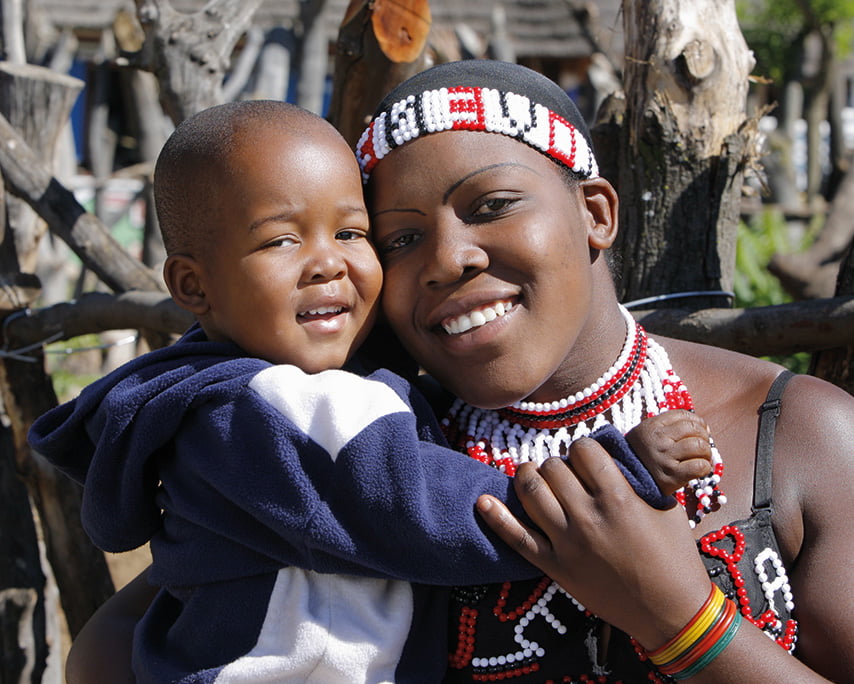Global Day of Parents
Biodiversity is crucial for ecosystem stability, resilience and the planet’s overall health. However, human activities such as deforestation, pollution, climate change and overexploitation of resources have significantly reduced natural resources. To address this urgent issue, International Day for Biological Diversity, under the theme “From agreement to action: building back biodiversity”, focuses on restoring ecosystems, conserving species and promoting sustainable practices to ensure a healthy and resilient natural environment. This year’s event calls for us to re-examine our relationship with nature and to continue respecting, protecting and repairing our biodiversity.
Biodiversity is vital for human survival and well-being. It supports essential services like providing clean air and water, helping crops grow through pollination, maintaining soil health, regulating the climate and controlling diseases. Ecosystems with a wide variety of plants and animals are better at handling changes and disruptions. This means they stay stable and continue to provide the services humans rely on. Biodiversity also boosts the economy through farming, fishing, forestry, tourism and medicine. Healthy ecosystems are crucial for industries that depend on natural resources. Beyond that, it holds cultural, spiritual, and recreational value for many communities. In Africa, natural landscapes, wildlife and plant species are deeply connected to cultural identities and traditions.
Protecting the world’s biological diversity is not just about saving wildlife. It is about safeguarding our future. When nature declines, the services it provides – clean air, water, food, disease control, economic benefits, cultural significance and environmental stability – are all at risk. Ensuring the health of our planet’s natural heritage is crucial for maintaining a healthy and prosperous human society. On a broader scale, protecting and repairing nature involves:
Restoring degraded habitats such as forests, wetlands, grasslands, and coral reefs through reforestation, wetland rehabilitation, and restoring natural water flows to support native species.
Protecting endangered and threatened species through conservation programmes and protected areas through breeding programmes, habitat protection, anti-poaching measures and legal protections.
Promoting sustainable agricultural, forestry and fishing practices through continuous agroforestry, sustainable forestry and responsible fishing practices.
All these measures are good. However, without education and awareness of biological diversity, people may not understand the importance of natural diversity, leading to apathy or lack of concern for conservation efforts. People need to understand the delicate balance of ecosystems to avoid engaging in unsustainable practices such as overfishing, deforestation or habitat destruction, which lead to biodiversity loss.
Organisations can ensure that people are educated about biological diversity and equipped with the knowledge and skills to restore and protect it for future generations. Education can be done through educational programmes targeted at schools, communities and the general public to raise awareness about biodiversity and conservation issues. They need to partner with schools, colleges and universities to integrate biological diversity education into curricula to help reach a larger audience and ensure that future generations know about conservation issues. Moreover, an organisation’s impact report can raise awareness about environmental issues, educate the public about sustainable practices and hold other businesses and governments accountable for their environmental impact.
Safeguarding our planet’s biodiversity is imperative for our survival and well-being. This International Day for Biological Diversity, we must take decisive action to restore and protect our ecosystems. From reforesting degraded lands to protecting endangered species and promoting sustainable practices, every effort counts.



